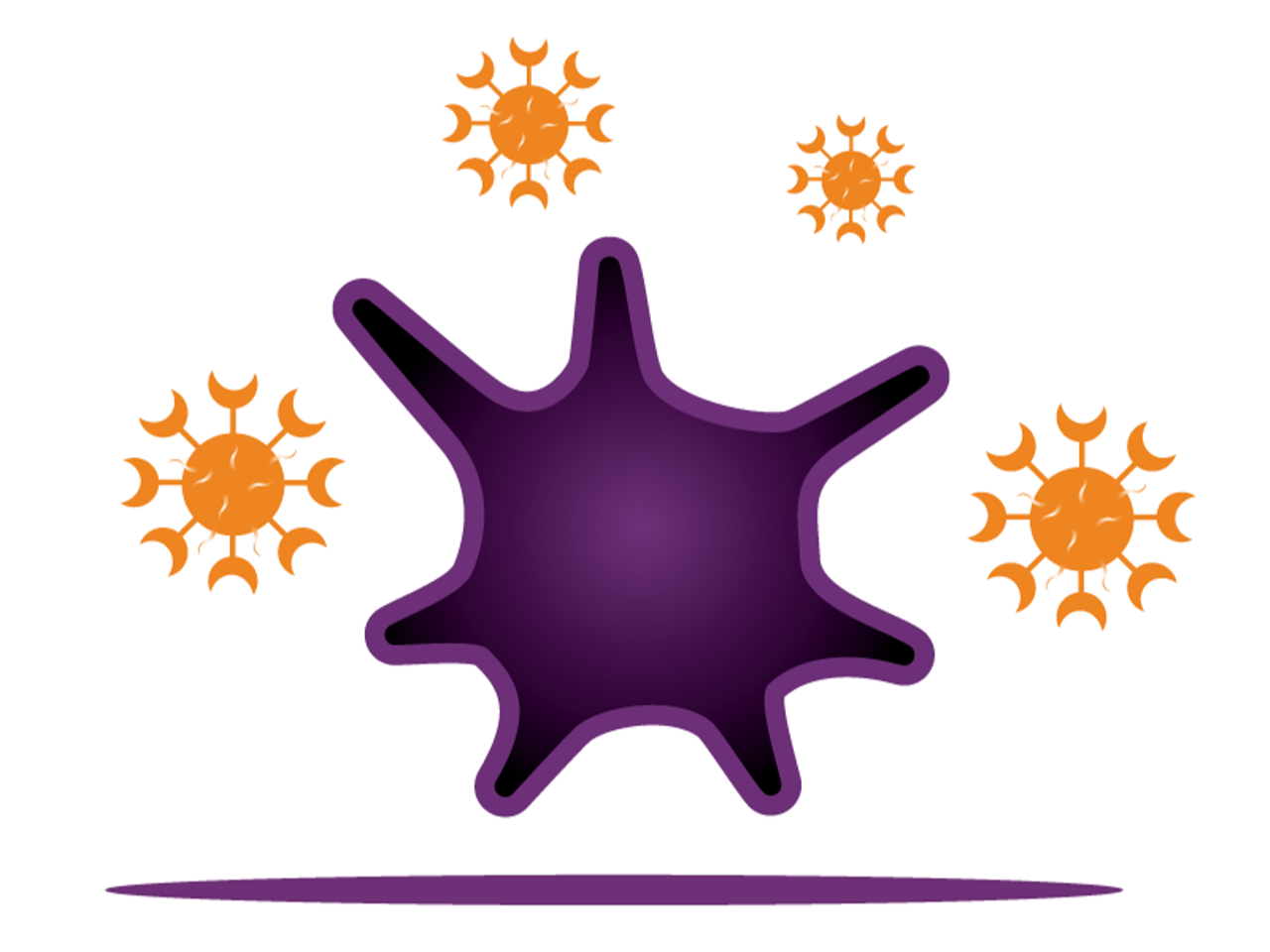
At UCB, we’re focused on helping patients live their best lives. We aim to connect targeted patient populations to cutting-edge science and, in doing so, deliver improved, differentiated experiences to people with the highest unmet needs. September is Immune Thrombocytopenia (ITP) Awareness month, so we’re shining a spotlight on ITP, a rare disease previously known as idiopathic thrombocytopenic purpura.
What is ITP? ITP is an autoimmune disease that causes an individual’s immune system to attack its’ own platelets. This puts them at risk of spontaneous bruising or bleeding. There are different types of ITP - it can either be primary, meaning there is no obvious underlying cause, or secondary, which broadly includes all forms of ITP except primary ITP. Secondary forms include those that are due to an underlying disease or to drug exposure.
How common is ITP? It is a rare disease - for every 100,000 people, 10 people are living with ITP. It affects less than 1% of the world’s population. For some people, ITP can be an ‘invisible disease’ because there may be times where there are no obvious symptoms.
How does it impact patients? In addition to bruising and bleeding, ITP can cause fatigue, which has possible impacts including the inability to get out of bed, limiting daily activity, hindering work-life, and tiredness. Beyond physical symptoms, ITP can take a significant toll on an individual’s life. Patients may develop strained relationships with their family, experience depression and isolation, or fear disease worsening. Additionally, individuals may be unable to exercise or socialize with friends and feel embarrassment due to bleeding. In a work setting, people living with ITP experience reduce productivity because of fatigue and more absences due to either illness or medical visits. They may be unable to pursue one’s desired career, lose promotions, experience unemployment, and have financial stress.
Lack of public awareness can leave many ITP patients feeling isolated and alone. Raising awareness about ITP and impacts it has on the people living with the disease, may accelerate the advancement of new therapeutic options for patients. At UCB, we are committed to applying our science, passion, and knowledge to help improve outcomes and experiences for people around the world living with this condition.
Learn More
Sources
1. ITP Awareness Week: UCB proud to support global ITP community
2. UCB Immune Thrombocytopenia (ITP) Infographic 2019 (GL-N-DA-1900017)
Choose Country
- Global Site – English
- Australia – English
- België – Engels
- Belgique – Anglais
- Brasil – Português
- България – Български
- Canada – English
- Canada – Français
- 中国 – 中文
- Česká Republika – Angličtina
- Danmark – Engelsk
- Deutschland – Deutsch
- France – Français
- España – Español
- Ελλάδα – Ελληνικά
- India – English
- Ireland – English
- Italia – Inglese
- 日本 – 日本語
- Казахстан – ағылшын тілі
- 한국 – 한국어
- Luxembourg – Anglais
- Luxemburg – Engels
- Magyarország – Angol
- México & Latinoamérica – Español
- Nederland – Engels
- New Zeeland – English
- Norge – Engelsk
- Österreich – Deutsch
- Polska – Polski
- Portugal – Inglês
- România – Engleză
- Россия – Русский
- Slovensko – Anglický
- Suomi – Englanti
- Sverige – Engelska
- Schweiz – Deutsch
- Suisse – Français
- Türkiye – Türkçe
- Україна – Англійська
- United Kingdom – English
- U.S.A. – English



